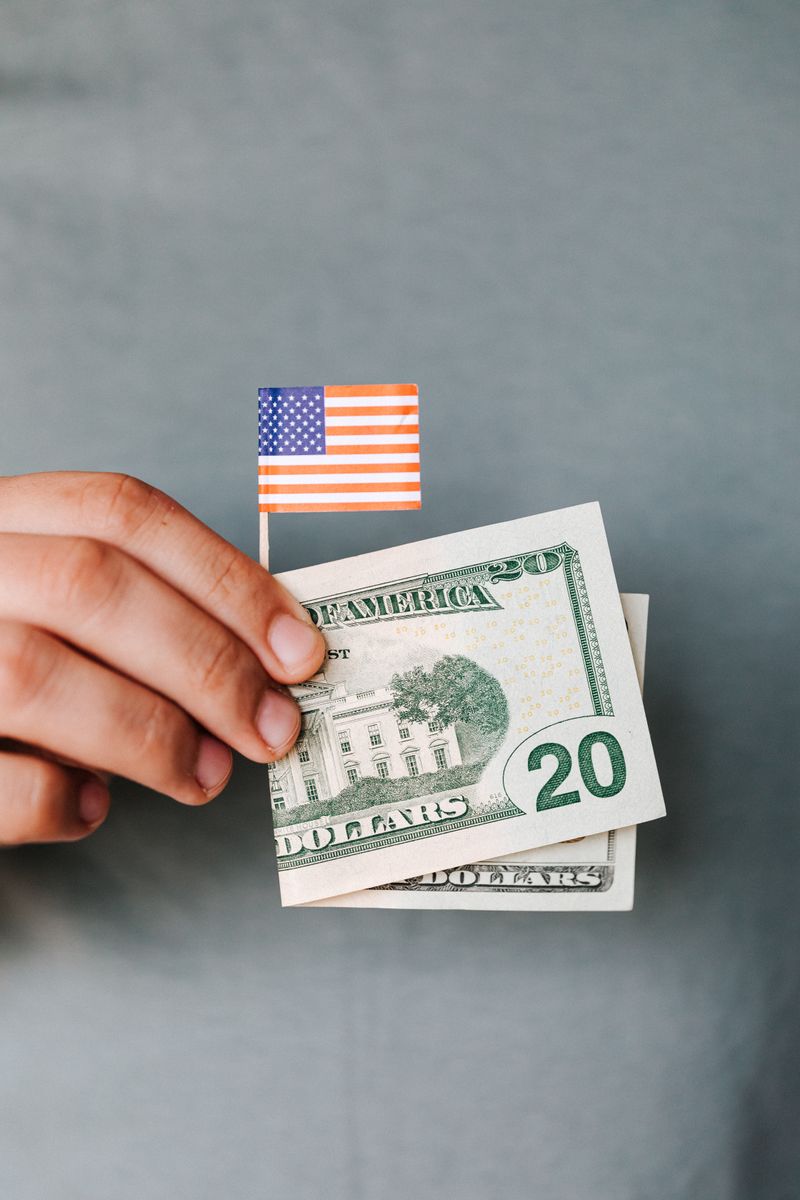Table of Contents
Saudi Arabia: Investment Fund Linked to Abuses Testifies Before Senate Subcommittee on Investigations
September 13, 2023 | By
In a testimony before the US Senate Permanent Subcommittee on Investigations, Human Rights Watch (HRW) has called for an investigation and regulation of sovereign wealth funds, particularly Saudi Arabia’s Public Investment Fund (PIF), that have been linked to human rights abuses. The hearing focused on the substantial holdings of the Saudi fund in the United States, following the announced merger of the Professional Golf Association (PGA) and LIV Golf, which is owned by the PIF. HRW argues that under Crown Prince Mohammed Bin Salman, the PIF has been involved in and benefited from human rights abuses.
The Crown Prince’s Expansion of Influence
Joey Shea, Saudi Arabia researcher at HRW, stated that Crown Prince Mohammed Bin Salman has shown a clear interest in expanding his influence beyond Saudi’s borders through high-profile business deals with sports teams and leagues. This raises concerns about US businesses engaging with the PIF and any potential links to human rights abuses in Saudi Arabia and abroad. HRW emphasized that US regulators and Congress should also be concerned about these issues.
HRW has extensively reported on the consolidation of political, security, and economic power by Mohammed Bin Salman in Saudi Arabia. The PIF, one of the largest sovereign wealth funds globally, has been directly involved in human rights abuses, including the 2017 “anti-corruption” crackdown and the murder of Saudi journalist Jamal Khashoggi in 2018. The restructuring and expansion of the fund have consolidated vast economic power in Saudi Arabia under the sole control of the Crown Prince.
Lack of Transparency and Accountability
HRW highlighted that while some sovereign wealth funds are separate from a government’s chief executive, the PIF is significantly controlled by the crown prince. Mohammed Bin Salman exercises unilateral decision-making with little transparency or accountability, indicating limited oversight or checks on the fund’s decisions. The lack of transparency and oversight in Saudi Arabia’s state finances further exacerbates these concerns.
HRW has sent letters to the PIF’s governor, Yasir al-Rumayyan, requesting his response to allegations of serious human rights violations associated with the fund. However, he has not responded. According to documents in a Canadian lawsuit, approximately 20 companies were captured and transferred directly to the fund during the 2017 crackdown. Some individuals detained during that crackdown remain in detention without charge, while others have not been heard from since. The asset seizure process has lacked transparency.
The Fund’s Role in Saudi Arabia’s Image Rehabilitation
The Saudi government has embarked on a campaign to rehabilitate its image and deflect from its human rights violations. The PIF, as an arm of the Saudi government, seeks to portray itself as an investor acting based on financial interests rather than at the direction of the Crown Prince. The fund has been involved in hosting or sponsoring events aimed at improving Saudi Arabia’s global image, such as major sporting events.
HRW expressed concerns about the PGA Tour’s agreement with the PIF, which effectively grants the fund a monopoly over professional golf. This raises the possibility of pressuring players, sponsors, and media to remain silent on Saudi Arabia’s abuses. HRW wrote to the PGA Tour’s Policy Board detailing these concerns but has not received a response.
Recommendations and Conclusion
HRW emphasized that US businesses considering engagement with the PIF should undertake rigorous due diligence to ensure they are not furthering human rights abuses. The organization also urged the Biden administration to exercise caution in its engagement with the Saudi government, given its rights record and how it is using its wealth to launder its image.
Furthermore, HRW called on the US Congress to investigate sovereign wealth funds and their potential links to human rights abuses, stressing the need for oversight and regulation in this area. The lack of transparency and accountability within the PIF, combined with its alleged involvement in human rights abuses, necessitates greater scrutiny.
As the PIF expands its investments in key sectors of the US economy, such as technology, sports, entertainment, and finance, it is crucial that US regulators and Congress address these concerns. Developing a human rights strategy within the PGA Tour, particularly in light of its agreement with the PIF, should also be a priority.
The reputation and image of Saudi Arabia, as well as the human rights of its citizens, should not be sacrificed for financial gains. It is now up to the US government, businesses, and organizations to prioritize human rights and ethical considerations in their dealings with the PIF and the Saudi government as a whole.

<< photo by Karolina Grabowska >>
The image is for illustrative purposes only and does not depict the actual situation.
You might want to read !
- Saudi Arabia’s Execution Surge: A Grim Reminder of Authoritarian Brutality
- Saudi Arabia: The Urgent Need to Overturn the Unjust Conviction and Harsh Sentencing of Social Media Activist
- Is Saudi Arabia’s Use of the Death Penalty for Tweets a Justifiable Response to Cyber Dissent?
- Zimbabwe’s Uphill Battle: Elections Amidst Systematic Human Rights Abuses
- EU/Tunisia Migration Agreement: A Controversial Pact That Raises Questions on EU’s Responsibility in Human Rights Abuses
- Venezuela: International Criminal Court Approves Investigation into Human Rights Abuses
- Mexico’s Landmark Ruling: Supreme Court Paves the Way for Nationwide Abortion Decriminalization
- When Will Iraq’s Security Forces Prioritize Peaceful Protests?
- An Uphill Battle: Russia’s Veto Threatens Human Rights in Mali
- The Rabaa Massacre: A Decade of Impunity and Shame in Egypt
- The Escalating Crisis in Haiti: A Surge in Violent Abuses
- Japan’s Moral Imperative: Standing Up Against Hong Kong’s Rights Violations